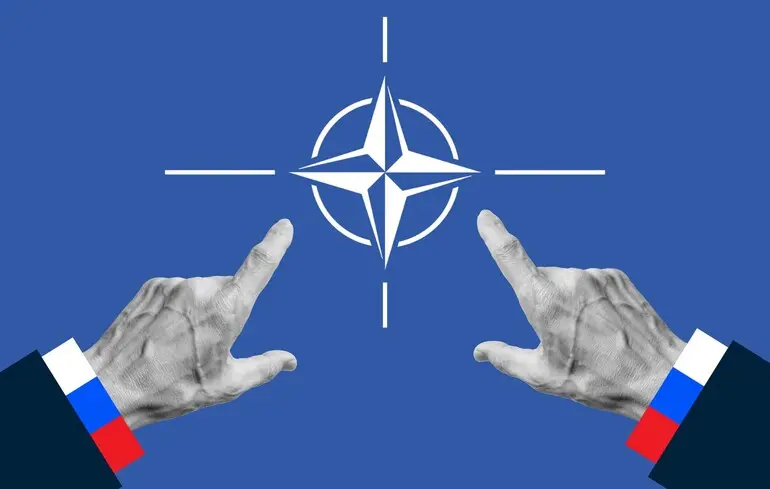Neil Ferguson highlights: Putin’s ultimate goal is to dismantle NATO and the need for a strategic reassessment

Renowned historian and geopolitical analyst Neil Ferguson recently reiterated his stance on Russia’s fundamental objective — to undermine NATO and weaken European security to the fullest extent.
During the YES forum themed ‘How to End the War?’, Ferguson expressed his views on the importance of reassessing current challenges, taking into account historical lessons and the ongoing geopolitical landscape.
According to him, the West’s weak response to Russian aggressive actions, growing support for authoritarian regimes worldwide, and increasing Chinese influence create the perfect conditions for Putin’s plans to weaken NATO and expand his influence sphere.On one of the forum panels, Ferguson emphasized that the main mistake made by the West has been underestimating the scale of the threat and Russia’s capacity for escalation.
He argued that without a proportional response — which involves retaliating on Russian territory for their provocations — the situation could deteriorate further.
Ferguson paid particular attention to NATO’s reactions to recent incidents involving Russian drones over Polish airspace, pointing out that the lackluster response from Europe and the U.S.
emboldens Putin to pursue further provocations, including potential interventions elsewhere.He highlights that support from China and other authoritarian regimes significantly bolsters Russia’s position.
For Moscow, it is crucial not only to receive military backing but also to maintain a global power balance.
Countries like China and North Korea are willing to assist Russia in case of further escalation.
Ferguson criticizes U.S.
policy, noting that weaknesses and delayed responses have permitted Russia and its allies to expand their strategic options.Reflecting on the Biden administration’s effectiveness, Ferguson acknowledges that compared to previous years, the U.S.
is taking more decisive actions.
Nonetheless, he points out errors, especially diplomatic missteps, slow reactions to critical events, and missed opportunities to end the conflict in 2022.
He suggests that U.S.
strategy sometimes appears chaotic and lacking clear goals for a swift resolution.He emphasizes that victory depends not just on mobilizing military resources but also on strengthening political and economic pressure on Russia, all while maintaining diplomatic balance.
Ferguson advocates for applying Cold War lessons, suggesting that diplomacy coupled with military strength can prevent Putin from consolidating his influence and further weakening NATO’s standing.

